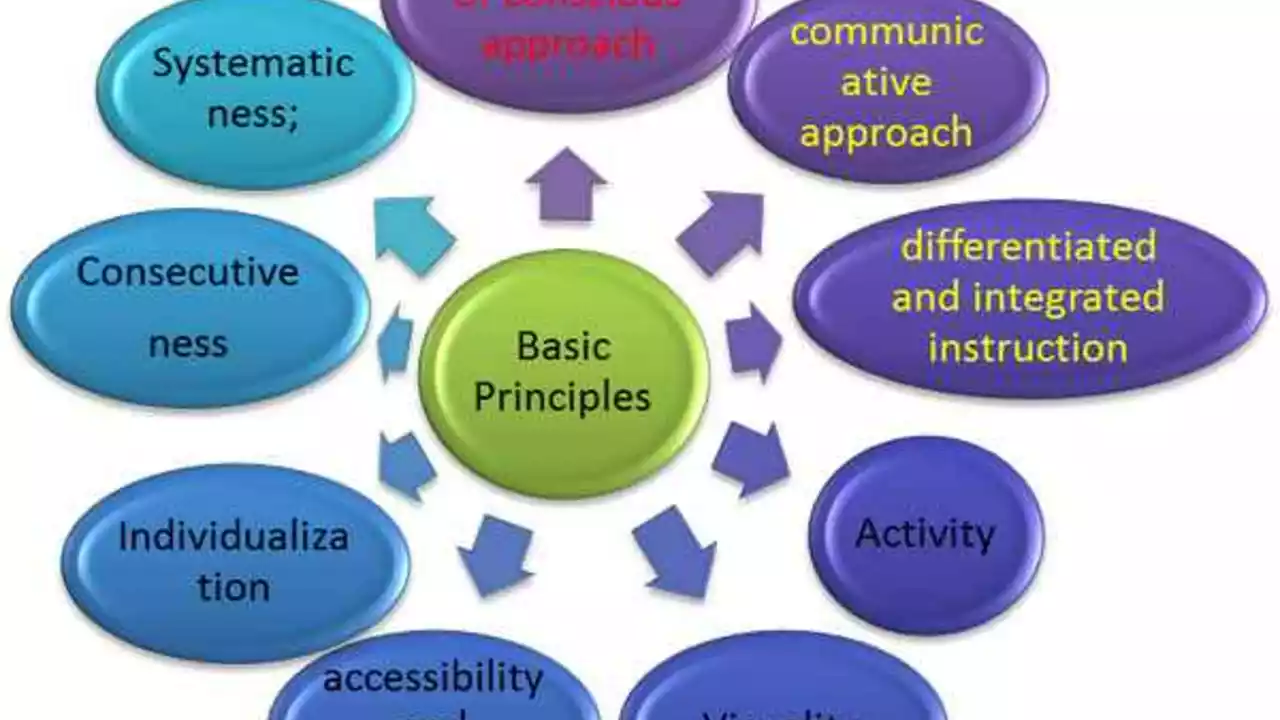The Current State of Our Education System
As I look around today, I can't help but notice the numerous discussions that revolve around the state of our education system. Many people seem to believe that it is not up to the mark or just plain bad. It's a topic that has been debated for years, with arguments on both sides of the spectrum. But how true are these allegations? Let's dig a little deeper and try to understand the current state of our education system.
Standardized Testing: An Effective Measurement?
One of the primary criticisms of our education system is the over-reliance on standardized testing. These tests are supposed to measure a student's intelligence and capability, but do they really serve their purpose? Some argue that standardized tests do not measure creativity and critical thinking skills, key attributes needed in the real world. They also put immense pressure on students, which can lead to stress and anxiety, and may not truly reflect a student's abilities or potential.
The One-Size-Fits-All Approach
Our education system often follows a 'one-size-fits-all' approach. All students are taught the same material in the same way, irrespective of their learning styles or interests. This can often lead to disinterest and lack of motivation among students. The system needs to recognize the individual needs of students and adapt accordingly.
Lack of Practical Knowledge
Another critique often aimed at our education system is the lack of practical or hands-on learning. The current system is heavily focused on theoretical knowledge with little emphasis on practical application. This can leave students ill-prepared for the real-world challenges they will face after they graduate.
Are Teachers Adequately Trained?
The quality of education largely depends on the quality of teachers. There are concerns about whether our teachers are adequately trained and equipped to cater to the needs of diverse learners. Continuous professional development for teachers is crucial to ensuring high-quality education.
The Role of Technology in Education
With the advancement of technology, the way we teach and learn has drastically changed. However, the integration of technology in our classrooms is still a challenge. Not all schools have access to the latest technology, and not all teachers are comfortable using it. This digital divide can hinder the learning process and widen the gap between privileged and underprivileged students.
Education and Socio-Economic Disparity
Our education system often mirrors the socio-economic disparities in our society. Students from low-income families usually have less access to quality education compared to their wealthier peers. This disparity can have long-lasting effects on their future opportunities and successes.
The Importance of Life Skills
One aspect that our education system often overlooks is the teaching of life skills. Skills such as critical thinking, problem-solving, communication, and emotional intelligence are essential for personal and professional success. However, our current education system does not emphasize these skills enough.
Is Change on the Horizon?
Despite these criticisms, it's important to remember that there are many people working tirelessly to improve our education system. Schools and educators are experimenting with innovative teaching methods, and there is a growing emphasis on personalized learning and the integration of technology. It's a slow process, but change is definitely on the horizon.
Conclusion: Is Our Education System Really Bad?
In conclusion, while our education system has its flaws, it's not entirely bad. It has produced many successful individuals and continues to shape the minds of our future generations. However, there is definitely room for improvement. We need to continually evaluate and adapt our education system to ensure it meets the needs of all students and prepares them for the challenges of the 21st century.
